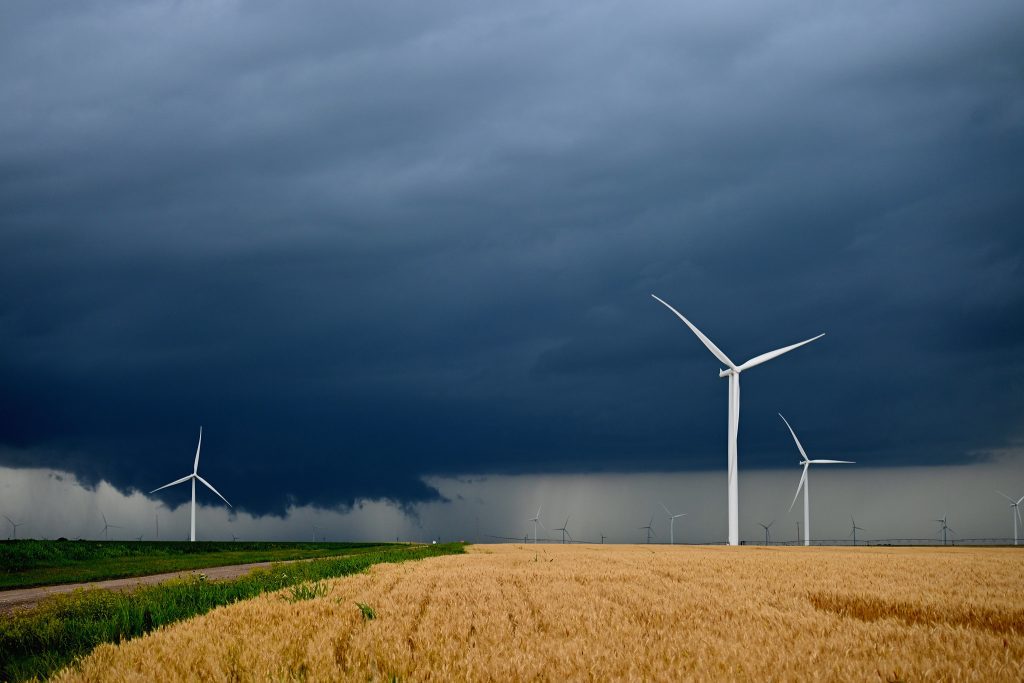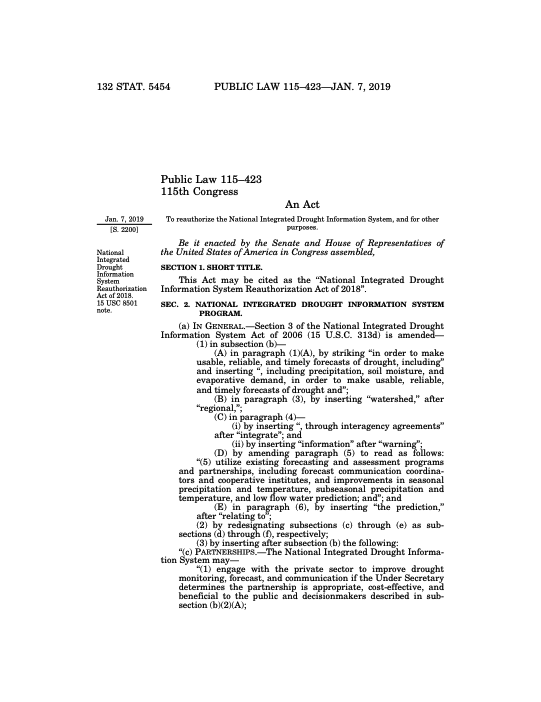The Weather Research and Forecasting Innovation Act of 2017 (Public Law 115-25), often referred to as “The Weather Act”) was signed into law in April 2017, with goals to improve NOAA’s weather research through investments in observational, computing, and modeling capabilities, to support improvement in weather forecasting and prediction of high impact weather events, and expand commercial opportunities for the provision of weather data.

Empowering researchers to improve forecasts for the benefit of the Nation.
We produce better forecasts for the public by improving the science behind extreme events, developing models, and using social science.
Reporting Weather Research Information for the Public
The Weather Act
Widely viewed as the first comprehensive weather authorization since the NOAA Authorization Act of 1992, the Weather Research and Forecasting Innovation Act of 2017 is leading the charge for improved forecast and warning systems to build a Weather-Ready Nation, as well as the integration of social science and unified modeling capabilities. NOAA’s research and development (R&D) goals directly impact its Weather-Ready Nation strategic goals by:
- Improving the science behind extreme & severe weather events
- Developing better models, computing, and observations
- Including and embracing more social science to improve risk communication to the public.
The Weather Research and Forecasting Innovation Act of 2017 bolsters the Office of Oceanic and Atmospheric Research’s (OAR) commitment to advancing weather research and reinvigorating the weather portfolio. The Weather Program Office (WPO) ensures alignment by collaborating with various subject matter experts across NOAA to develop Congressional reports and deliverables required, and briefing NOAA leadership on OAR-related activities and reports.
Download Information
Contact
For questions or additional information on how WPO reports weather improvements, please contact Tamara Battle Tamara.Battle@noaa.gov.

